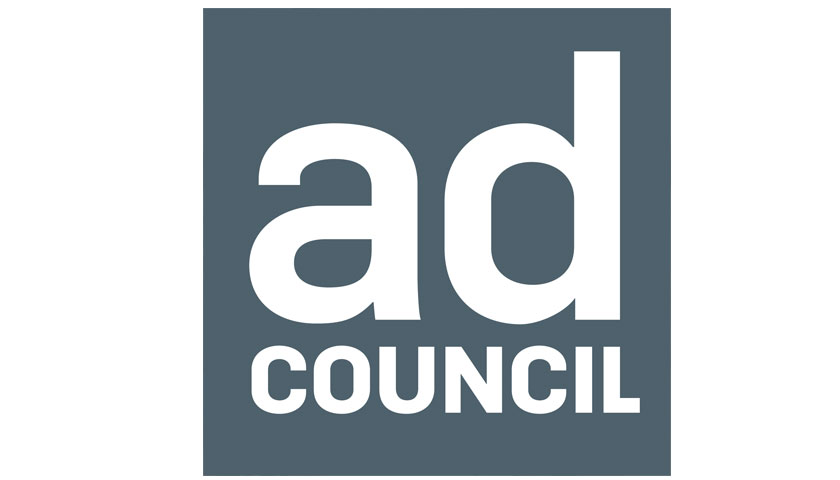The Ad Council, in partnership with the Alzheimer’s Association and creative agency Lopez Negrete Communications, launched new public service advertisements (PSAs) “Some Things Come with Age” in an effort to increase early detection of Alzheimer’s and other dementias within the Hispanic community by raising awareness of the early signs and symptoms. The new campaign, which celebrates the positive aspects of aging while educating about changes that could be signs of Alzheimer’s, will be available in English and Spanish nationwide.
“Early detection and diagnosis of Alzheimer’s and other dementia offers important benefits to individuals and families affected by Alzheimer’s, but even more so today with the advancements of new dementia treatments,” said Carl V. Hill, Chief Diversity, Equity & Inclusion Officer, Alzheimer’s Association. “Hispanic and Latino Americans are disproportionately affected by Alzheimer’s, but are diagnosed later in the disease or not at all. This important campaign is designed to address this disparity by providing equitable information and other resources for Hispanic and Latino communities in the fight against Alzheimer’s and other dementia.”
Since June 2019, the Ad Council and Alzheimer’s Association have partnered on multiple efforts to promote early detection of Alzheimer’s and encourage family members to talk about visiting a doctor together. However, with Latinos having a longer life expectancy than most other ethnicities, according to 2022 CDC data, and quickly becoming the fastest-growing group of older adults in the U.S. with an older adult population expected to quadruple by 2060, the Hispanic community remains disproportionately at-risk for Alzheimer’s. Latinos are 1.5 times more likely than non-Hispanic Whites to develop Alzheimer’s disease, according to the 2023 Alzheimer’s Association Alzheimer’s Disease Facts and Figures report.
Due to overlapping systemic and cultural barriers that make access to diagnosis more challenging than for non-Hispanic Whites, early signs of cognitive change typically go unnoticed or undiscussed in Hispanic families, and too often a diagnosis happens only in a moment of crisis and/or emergency.
“We know that for many families, it can be difficult to distinguish between early signs of Alzheimer’s and normal signs of aging,” said Heidi Arthur, Chief Campaign Development Officer, Ad Council. “With this new campaign we aim to educate individuals, especially in Hispanic communities, to recognize changes in their loved ones’ behavior that could be Alzheimer’s and empower them to have a conversation.”
Created and produced pro bono by Lopez Negrete Communications, this new campaign seeks to encourage Hispanic pre-care partners to recognize the early warning signs of Alzheimer’s and other dementias in their loved ones. By celebrating the positive changes that come with getting older (like feeling more confident), the campaign also seeks to raise awareness around cognitive and behavior changes that aren’t normal aspects of aging, and could be signs of Alzheimer’s. The PSAs will run in Spanish and English on television, radio, out-of-home, and digital sites across the country, including donated media support.
“This body of work brings to life the idea that, as Latinos, we tend to expect certain illnesses with aging. The “waving off” of early signs of any disease, Alzheimer’s in this case, in the name of normal aging is keeping many Hispanic families from having the necessary conversations and doctor consultations,” said Lopez Negrete Communications President and CEO, Alex López Negrete. “We’re hoping this campaign will open an important conversation about what getting older really brings, so we can avoid misconceptions that also reinforce ageism.”
The campaign’s website 10signs.org in English and 10señales.org in Spanish, offers tools and resources to help families recognize early warning signs of Alzheimer’s, tips for facilitating conversations about cognition, benefits of early detection and diagnosis, a discussion guide for use with doctors and health providers, and other disease-related information.


